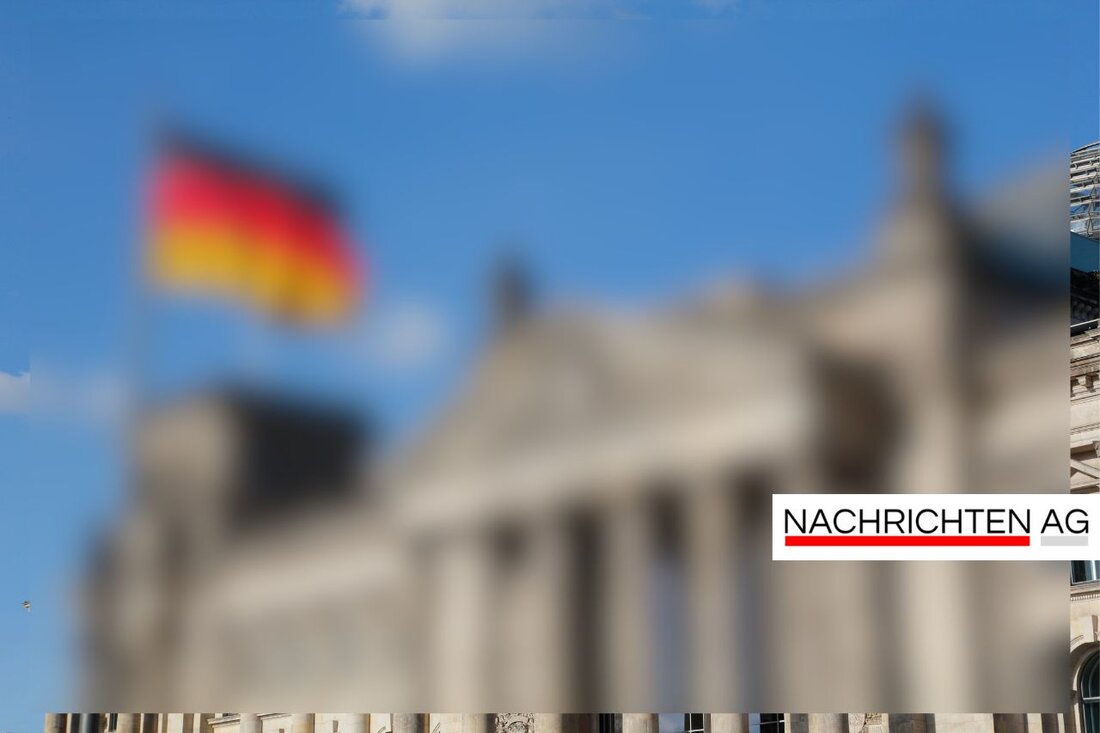Gigantic economic stimulus package: How Thuringia can benefit now!

Gigantic economic stimulus package: How Thuringia can benefit now!
On June 4, 2025, the Federal Government, led by Finance Minister Lars Klingbeil (SPD), decided to strengthen the weakening economy to strengthen the weakening economy. The cabinet passed the draft law that provides for economic relief and investment incentives for companies. In particular, the law is intended to increase the attractiveness of Germany in order to gain both domestic and foreign investors. According to tagesschau.de , a comprehensive strategy paper with 49 individual measures was developed.
In Mecklenburg-Western Pomerania, entrepreneurs express skepticism to the planned measures. Tom Scheffler, Managing Director of the Rostock FSN Group, is generally positive, but considers the initiative to be inadequate. He and other entrepreneurs fear that the measures do not meet the necessary scope in order to achieve the urgently needed economic recovery. The black and red coalition plans to encourage companies to invest in an attractive tax conditions.
Details of the growth booster
The "growth booster", as the law package is mentioned internally, includes an "investment booster". This is intended to enable companies to deduct up to 30 percent of moving goods from the tax. In addition, a gradual reduction in corporation tax is planned from 15 percent to 10 percent by 2032. Scheffler criticizes this reduction as too tentative and suggests that the tax immediately reduce it by 5 percent. The law also stipulates that newly purchased electric cars can be tax deductible in the first year. According to bundes-regierung.de , the Federal Government relies on sustainable strengthening of economic growth and competitiveness.
Federal Minister of Finance Christian Lindner emphasizes that the new growth will not only revitalize the corporate landscape, but will also create scope in the household. However, there is criticism of the concrete implementation of the measures internally in the traffic light coalition (SPD, Greens, FDP), which could possibly lead to delays.
challenges and optimism
Prime Minister Manuela Schwesig (SPD) describes the economy in Mecklenburg-Western Pomerania as "robust" with a preliminary growth of 1.3 percent last year. Despite this positive development, companies face challenges such as high energy costs, bureaucracy and a shortage of skilled workers. However, the FSN group, which employs around 600 employees and achieves annual sales of around 200 million euros, sees the new federal government an economic-friendly approach.
Scheffler emphasizes that bureaucracy is often perceived as an obstacle to corporate developments. An example that he gives is a recently carried out visit to Latvia, where start -ups can be found online within just 30 minutes. He hopes for more reliability in politics and fewer disputes within the coalition.
The federal government has also worked on further measures that aim to improve working conditions and support specialists. Adjustments in the income tax tariff and a significant relief from increased allowances and child services from 2025 are planned. This is intended to further increase the attractiveness of the location and to secure competitiveness in the long term.
| Details | |
|---|---|
| Ort | Mecklenburg-Vorpommern, Deutschland |
| Quellen | |
